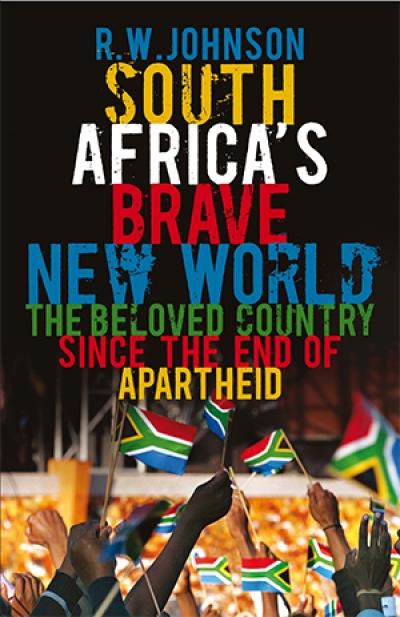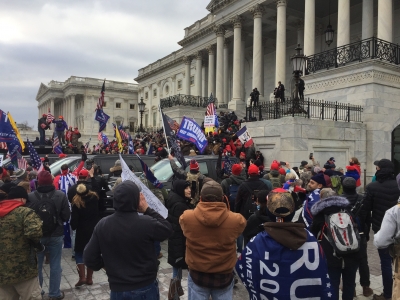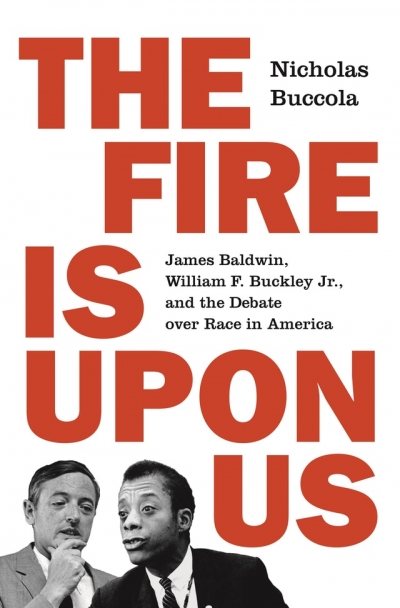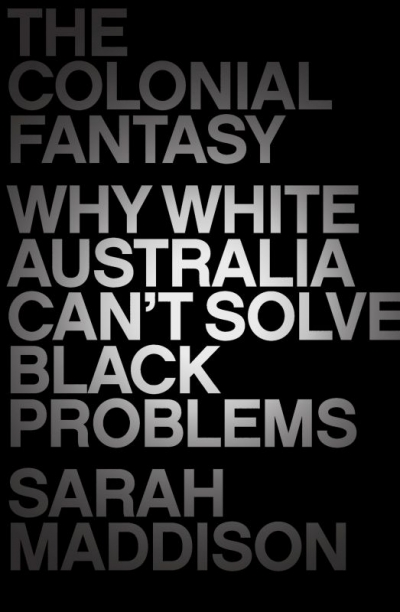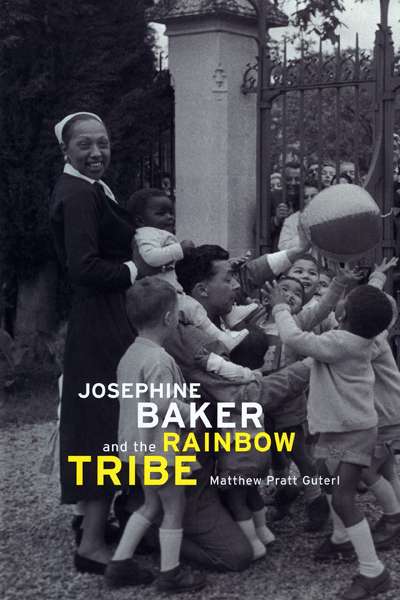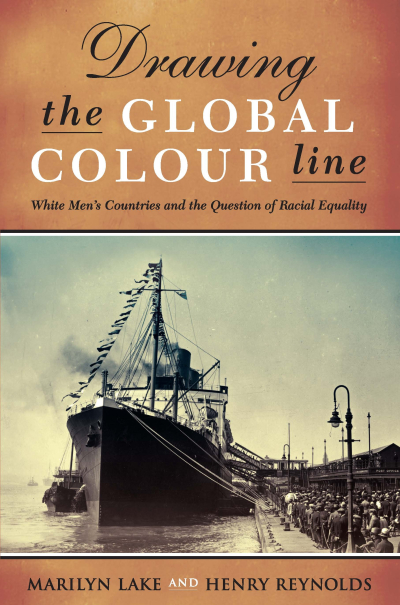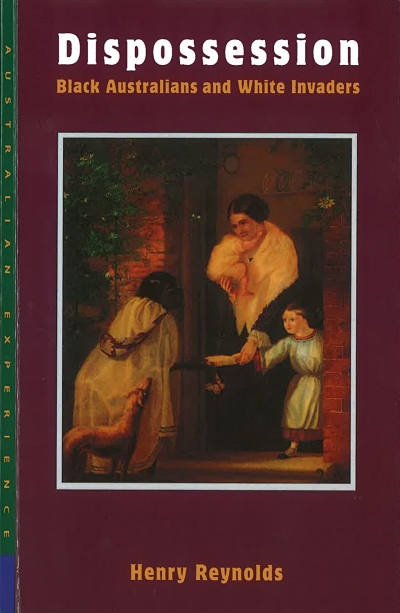Race relations
South Africa’s Brave New World: The beloved country since the end of apartheid by R.W. Johnson
by Jonty Driver •
On the morning of 6 January 2021, President Donald Trump addressed a crowd of his supporters outside the White House for more than an hour. The president urged protesters who had already begun gathering along the National Mall to go to the Capitol Building where both houses of Congress were about to start the process of certifying the results of the electoral college, formalising Joe Biden’s victory in the November 2020 election. The election had been stolen, Trump told them: it was time for them to take it back and march on Congress: ‘You will never take back our country with weakness,’ said the president.
... (read more)The Fire Is Upon Us: James Baldwin, William F. Buckley Jr., and the debate over race in America by Nicholas Buccola
by Samuel Watts •
The Colonial Fantasy: Why white Australia can’t solve black problems by Sarah Maddison
by Richard J. Martin •
Josephine Baker and the Rainbow Tribe by Matthew Pratt Guterl
by Colin Nettelbeck •
Drawing the Global Colour line: White men’s countries and the question of racial equality by Marilyn Lake and Henry Reynolds
by Warwick Anderson •
Dispossession: Black Australians and white invaders by Henry Reynolds
by Michael Sturma •

